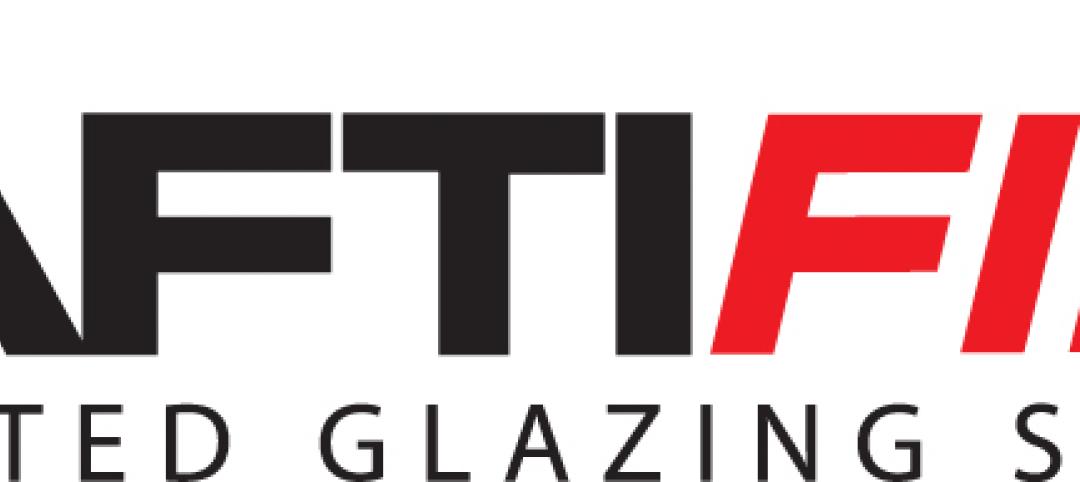New York State’s building code is outdated and is hampering the recruitment of high-tech employers, according to a coalition of construction, fire safety, and insurance industry groups.
The variance process slows down the process of planning and developing a project, said Dottie Harris, vice president of International Code Council. The state’s code does not address modern construction materials and complex construction techniques used in chip fabrication plants, she said.
International Code Council is part of Build Safe NY Alliance, a new coalition advocating that the state adopt the 2015 version of the International Code Council’s model building codes. Doing so would make New York code consistent with building codes in other states, according to Joe Hogan, vice president for building services with AGC of New York.
The State Code Council, a panel of 17 people appointed by the governor, will decide whether and how to update the code. The coalition is urging the state council to adopt the 2015 code at its Feb. 11 meeting and make it effective in August.
Related Stories
| Feb 9, 2012
Stiffer OSHA fines put strain on Kansas contractors
A fine for a violation that once cost between $750 and $1,200 now runs $7,000 or more per incident, according to a state industry association official.
| Feb 9, 2012
Webinar focuses on lessons learned from LEED-certified industrial project
A Construction Specifications Institute webinar will focus on the lessons learned through the design and construction of a LEED-certified industrial project, Better Living Mill Shop, the first industrial building in Central Virginia to earn LEED certification.
| Feb 8, 2012
California likely to eliminate redevelopment agencies
Leaders of California cities had been trying to fashion a compromise with lawmakers after the state Supreme Court ruled the state had the authority to eliminate the agencies and use their property tax money for local services.
| Feb 8, 2012
Project aimed at economical seismic retrofits on historic Memphis structures
The group will develop a low-cost seismic retrofit model that would benefit aging brick-and-mortar structures. It involves bolting steel brackets to existing wooden floor and ceiling joists.
| Feb 8, 2012
Houston signs on to Better Buildings Challenge
The challenge has about $4 billion in federal and private-sector funds, which it will use for building energy upgrades nationwide in the next two years.
| Feb 8, 2012
OSHA offers free health and safety consulting for small businesses
The consultants offer confidential, non-punitive advice.
| Feb 8, 2012
Controversy over pay for prisoners on roofing job in Michigan
The disagreement was over whether the prisoners should have been paid prevailing wage for their brief time on the job because the project was paid for with a U.S. Department of Energy grant.
| Jan 30, 2012
ZigBee and ISO 50001: Two new standards to make buildings greener
These developments demonstrate the dynamic nature of the market and the continued need for development of program standards of many different types that help builders and owners translate high performance and sustainable buildings goals into practical measures on the ground.















